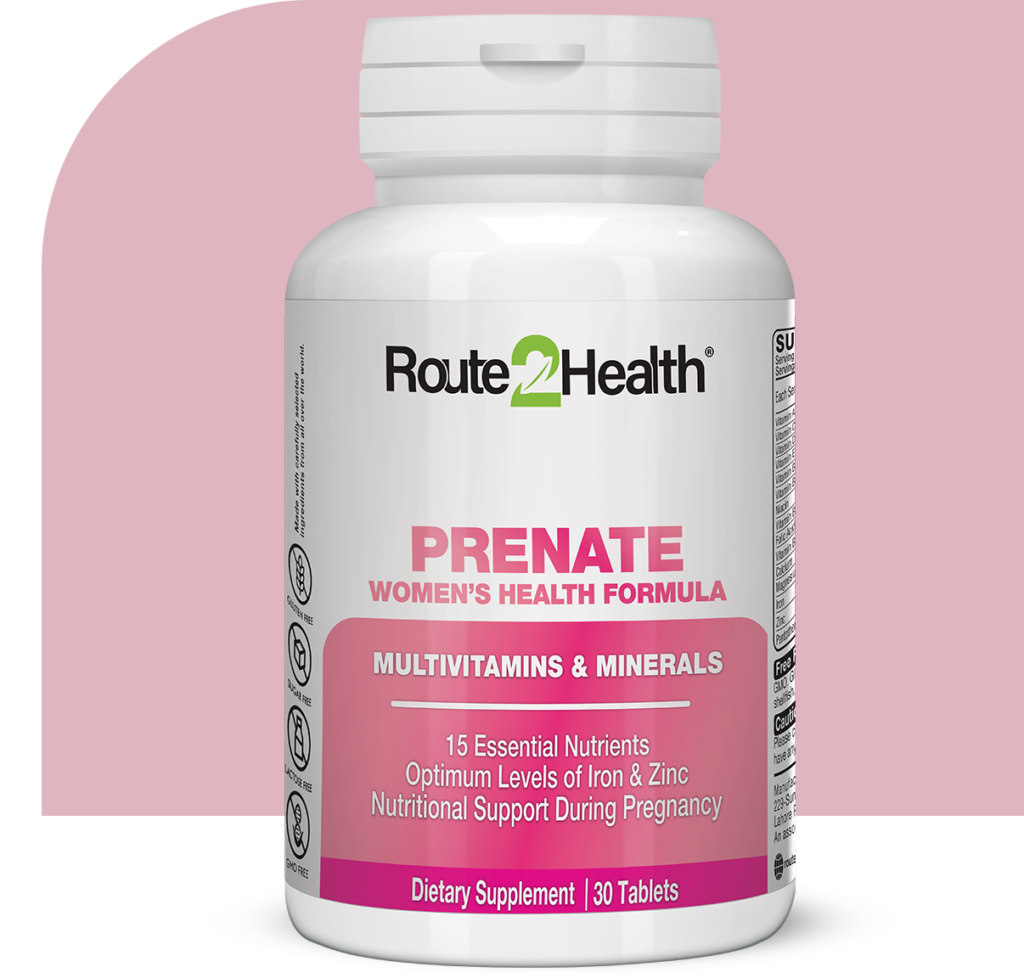
Berdi
urinary Track Health
Welcome to the journey of motherhood! Expecting a baby is an incredible experience filled with wonder and anticipation. Amidst the excitement, ensuring the health and well-being of both mother and baby is paramount. This is where the pivotal role of prenatal care comes into play.
What exactly does prenatal care entail, and why is it so crucial for a healthy pregnancy? Let’s delve into the role of prenatal care, exploring its definition, significance, and what to expect during those essential doctor visits and tests.
Prenatal care, as defined by the National Institute of Child Health and Human Development (NICHD) in the US, refers to the comprehensive medical care provided by a healthcare professional throughout pregnancy. This care encompasses regular doctor visits, physical examinations, diagnostic tests, and crucial discussions about your health and your baby’s development.
During prenatal care visits, healthcare providers monitor various aspects of the mother’s health, such as blood pressure, weight gain, and overall well-being. They also track the growth and development of the fetus through ultrasounds and other tests. This proactive approach allows for the early detection and management of conditions such as gestational diabetes, preeclampsia, and infections, safeguarding both maternal and fetal health.

The role of prenatal care is vital in identifying and managing any potential risks or complications that may arise during pregnancy. Research has consistently shown that early and regular prenatal care reduces the risk of complications and improves pregnancy outcomes. A study published in the American Journal of Obstetrics and Gynecology found that women who received adequate prenatal care were less likely to experience preterm birth or low birth weight in their infants.
Prenatal care isn’t just a box to tick; it’s an investment in your health and your baby’s wellbeing. Studies have shown a multitude of benefits associated with regular prenatal care. Here’s a glimpse into why it matters:

Now that you know the importance of prenatal care, you must know the important tests and scans that you shouldn’t skip.

In conclusion, the Role of Prenatal Care cannot be overstated in the journey towards a healthy pregnancy. From the initial visit to the final weeks, each doctor’s appointment and test plays a crucial role in safeguarding the health of both mother and baby. Remember, knowledge is power, and staying informed through prenatal care empowers expectant mothers to make informed choices for a healthy pregnancy.
For comprehensive prenatal support, consider Route2Health’s Prenate, a premium prenatal supplement designed to provide essential vitamins and minerals for both mother and baby. By prioritising prenatal care and incorporating a high-quality prenatal supplement, you’re taking proactive steps towards a healthy pregnancy and a bright future for you and your little one.
The frequency of your visits will vary depending on your pregnancy stage and health. Generally:
Prenatal care includes various tests, such as:
Discuss any concerns, questions, or changes in your health. Common topics include:
Ideally, begin taking prenatal vitamins even before conception to ensure adequate folic acid intake.

©2023 Route2Health®️
NTN: 2229383
AN ASSOCIATED COMPANY OF HIGHNOON LABORATORIES
STRN: 0301999937728

WhatsApp us
